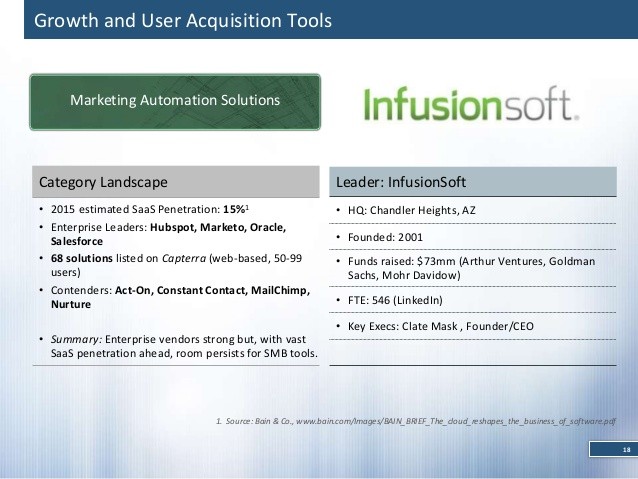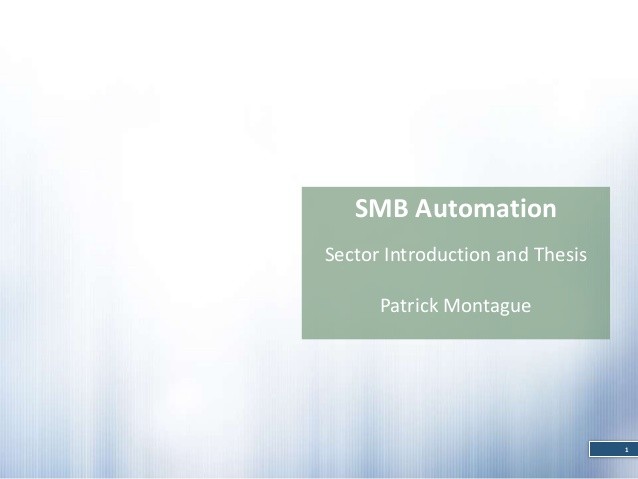American Express Headwinds and Tailwinds_1
Post on: 9 Апрель, 2015 No Comment

Portfolio manager Claudia Huntington discusses her outlook for world markets and explains Capital’s innovative approach to researching big data companies.
1. U.S. growth experiencing mix of headwinds and tailwinds
Claudia Huntington: In the U.S. my assumption is that we will not get a lot of valuation help on our investments. So I’m assuming in the U.S. that the recovery is transitioning to a more complex part of the recovery, not quite as easy.
[There are] still some very, very serious tailwinds to growth. We still have a very, very weak recovery relative to any prior cycle you can look at. By now we should be much stronger in a lot of areas, suggesting to me that there is more to go. You have to get the housing cycle better than it is. You’ve got to get the auto cycle better than it is. There’s an enormous amount of pent-up demand for automobiles if you look at just the age of the fleet, there’s a huge pent-up demand for housing if you just look at the household formations and so forth. So there’s still a lot of room to go there in my view.
Consumer spending has been good, but it hasn’t been compelling. Unemployment rate is extremely high relative to prior cycles. We all know that it’s 7.3%, but it needs to come down, and as it comes down — and I believe it will come down — you’re going to have an environment where there’s more money that goes into the system. The consumer, the consumption cycle, is going to start doing better. So I believe that’s going to be a tailwind.
And then if you look more on the industrial side, there are really no excess inventories out there that often can cause cycles to happen. If you look at loan growth, it’s been quite sluggish. So there are no excesses out there. It’s very hard to get a cycle until you get excesses, and there clearly haven’t been. So to me, that argues that the fundamentals of the economy still have a ways to go.
The top of the list of headwinds is the rate environment, and rates are going up. I don’t know how fast, I don’t know when they’ll really start rising, but in my view they should be rising. If we’re in a stronger economy, rates should be going up. It’s a natural headwind that should be occurring and actually indicates a strong economy if you have demand for money going on.
You’ve got the dollar that’s been very strong and may continue to be pretty strong, but we certainly aren’t going to get a lot of help [from] a weaker dollar in terms of any export markets. Finally, the valuation issue on the market is such that whatever year you’re looking at, but 16, 17 times earnings on a market that’s growing — but it’s not expanding as rapidly as it has in prior years — I think is a fair valuation. I don’t think it’s overvalued, but I don’t think we’re going to get a valuation increase.
One thing I think we should also add is that if you look at where money is parked, there’s still an enormous amount of money parked in cash. The market is willing to take more risk, investors are willing to take a little more risk, but they certainly aren’t back to levels that would suggest they’re putting all their money into equities. And until you get that environment it’s hard to have a peak in the market.
2. Investing in uncertainty points to emerging markets
Claudia Huntington: I really consider the macro backdrop. I’m an economist by training, so it’s just natural for me to think about what environment are these companies operating in; what exchange rates are they operating in; are they in a strong economy, a weak economy?
But beyond that, what really floats my boat is to find companies that have their own unique drivers to them. That is, you have to put that into context of their industry and put that into context of the environment they’re working in. But I really like to find companies that have a unique moat, a unique culture, a unique set of products or services, something that really sets them off in a way that I can invest in them on the behalf of the shareholders for a long period of time. That’s the kind of company I look for. So while I think a lot about the macro picture, and I think a lot about what part of the cycle we’re in, I don’t necessarily base my judgments on macro themes. I base my investment judgments far more on the individual companies with the themes in mind.
I continue to find opportunities in a lot of different areas, in different sectors and so forth. And innovation’s occurring everywhere, so you can always find something to look at. You might not like the valuation, but there always some companies that are really interesting to work on.
The other thing that I really look at is where other people aren’t. So I like going to companies or sectors or geographies or markets that are not as popular or where there’s chaos or where there’s just a lot of uncertainty, because I feel comfortable in trying to drive through that uncertainty in order to find companies that are selling at really interesting valuations that are really nuggets, and I love to find the nuggets.
So how does that fit with the backdrop of where I see this transition environment that we’re in and the various economies and so forth? I’ve been spending more time looking at some of these emerging markets that have really been hammered. I think there are opportunities there. There are some very interesting valuations. There’s a lot of risk, as well, which is always what happens when you get a market that’s down a lot, because there’s a reason the market’s down. Things are happening that are scary. But I like environments like that, and so I’m spending more time looking in those areas.

3. Innovative analysis of big data yields investment ideas
Claudia Huntington: One of the questions I get asked has to do with innovation and how do you find innovative companies and so forth. I want to kind of turn that on its head and talk about how Capital thinks about innovation of investment ideas. I think that is the core of what we do. We try to think creatively, originally, not follow the crowd.
And one example of how we try to sponsor that kind of innovation, if you will, is we have started to put together — we call them SWAT teams, for no particular reason. And the concept behind it is for one or two or three of us, if we’re really interested in a certain area that is cross-industry — so it’s not the metals-and-mining analyst’s specific purview or the technology analyst’s particular purview or whatever, but it’s a cross-industry topic, but it’s big enough and with enough potential investment conclusions to warrant the time — what we’ve started to do is put together SWAT teams in which groups of us come together and focus on a particular topic.
So, for instance, one of the first ones we did — which I was part of — was a topic, a SWAT team on big data, which is a terribly overhyped area. And we wanted to try to carve out the hype from the reality, really understand it instead of just reading newspaper articles about it and so forth. And so on this team we had a bank analyst, some technology analysts, a services analyst, a retail analyst, a media analyst and three or four portfolio managers that had a particular interest in this area. And we spent, I think it was around four months of reading a lot, of going to visit the companies, of going to visit industry experts, etc. etc. and we put together a report and we presented it to our colleagues. And out of that came investment conclusions.
It was a tremendous experience, because there’s no way we would have gotten that kind of perspective if any one of us had done it ourselves. And I think that speaks to the Capital approach, generally, of being incredibly collaborative about how we go about finding great investments to make. And we discovered companies that are maybe not that undiscovered — but we understood them quite well — that are specifically in the big-data space. But what we also found were a number of companies that were the second derivative, third derivative of companies that also got it. And I think we’re way ahead of the curve on this.
The most interesting thing about big data is that it affects every industry, and the issue is which companies are going to really get it, be leaders in this area and get some more market share or get really new products or new services or whatever. And in the process of working on this, we did find some companies in other industries — just because they were referenced by the so-called big-data companies — that we went and spent some time looking at. And I’m hopeful that we’ve really done some original work on this.
4. China’s market is down, but hardly out
Claudia Huntington: China’s a very interesting country to invest in. It’s one of the more obscure countries to invest in, in terms of really understanding the statistics of what’s going on; some of the companies, even, can be a bit obscure in our ability to understand them relative to what we’re used to doing in developed countries.














